Dr. Jessica Katzenstein discusses her research on how U.S. police officers absorb and resist reforms during a mounting legitimacy crisis. She explores why reforms fail to realize their promises to curb racialized violence.
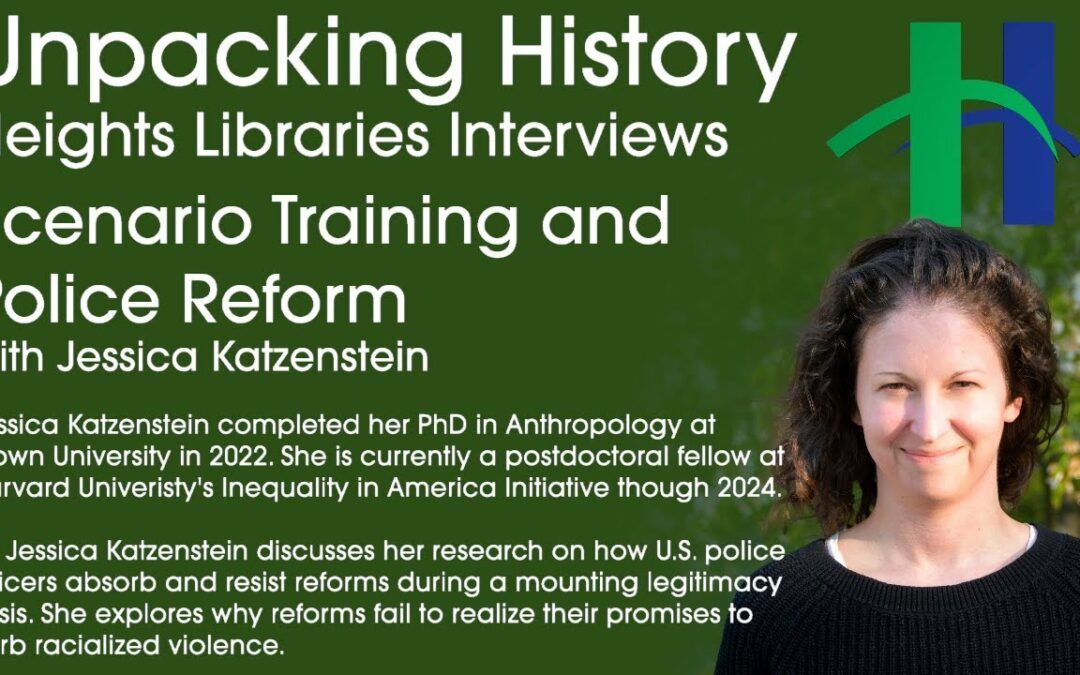

Dr. Jessica Katzenstein discusses her research on how U.S. police officers absorb and resist reforms during a mounting legitimacy crisis. She explores why reforms fail to realize their promises to curb racialized violence.
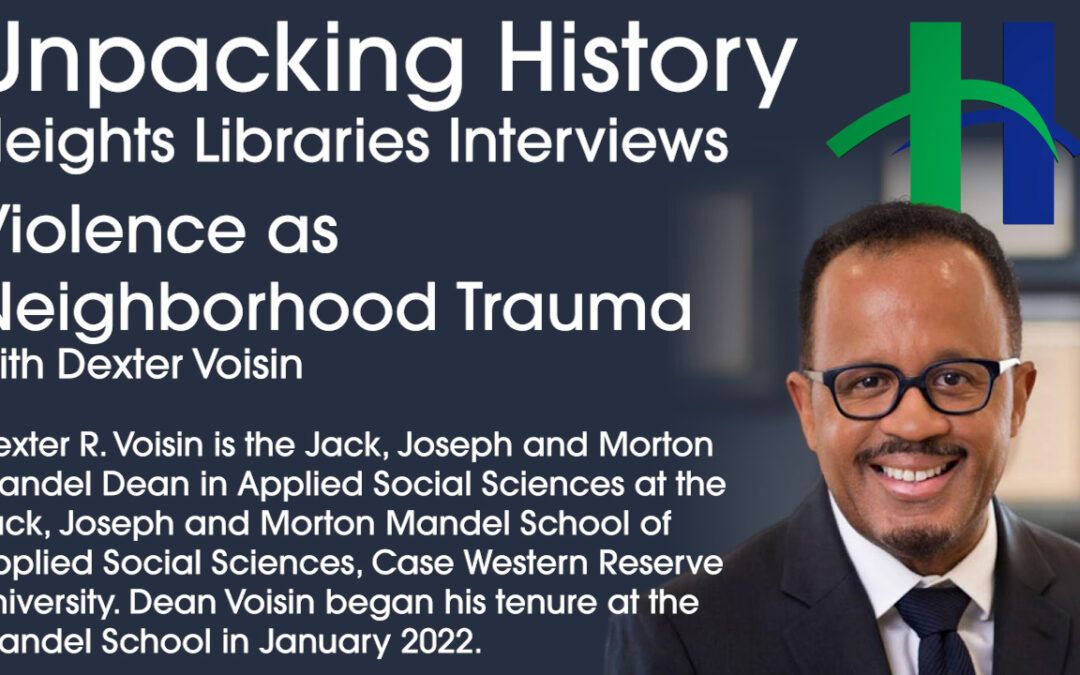
Dexter R. Voisin advocates for a reframing and redefinition of violence as trauma which centers empathy instead of blame. Hopeful discussion of successful interventions that disrupt these systems round out the interview.
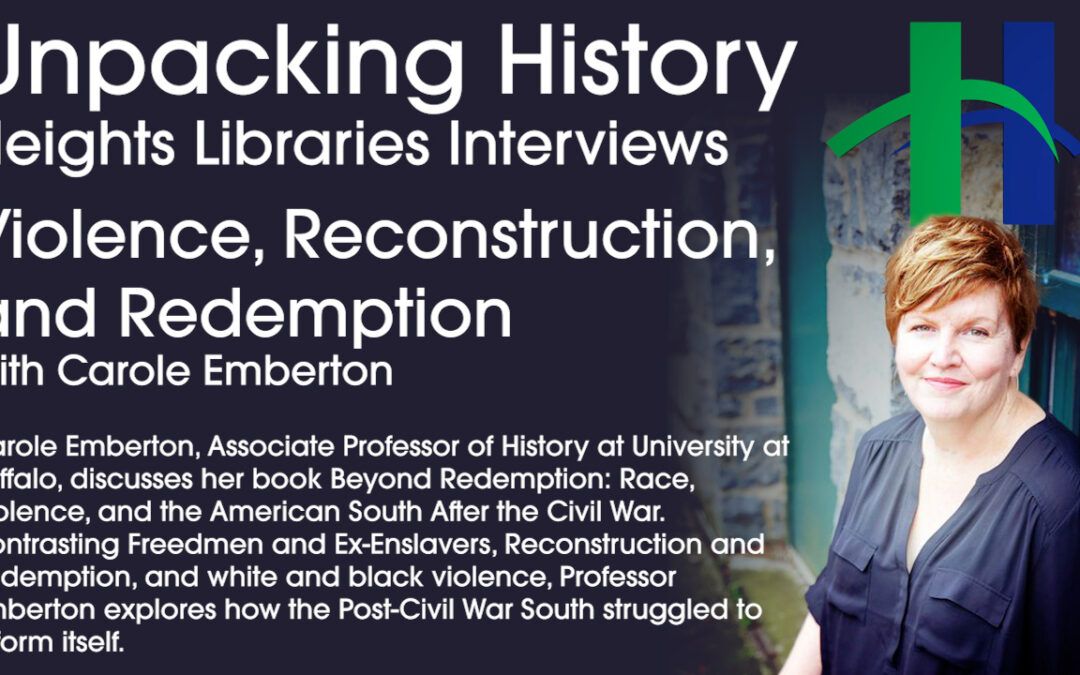
Contrasting Freedmen and Ex-Enslavers, Reconstruction and Redemption, and white and black violence, Professor Emberton explores how the Post-Civil War South struggled to reform itself.
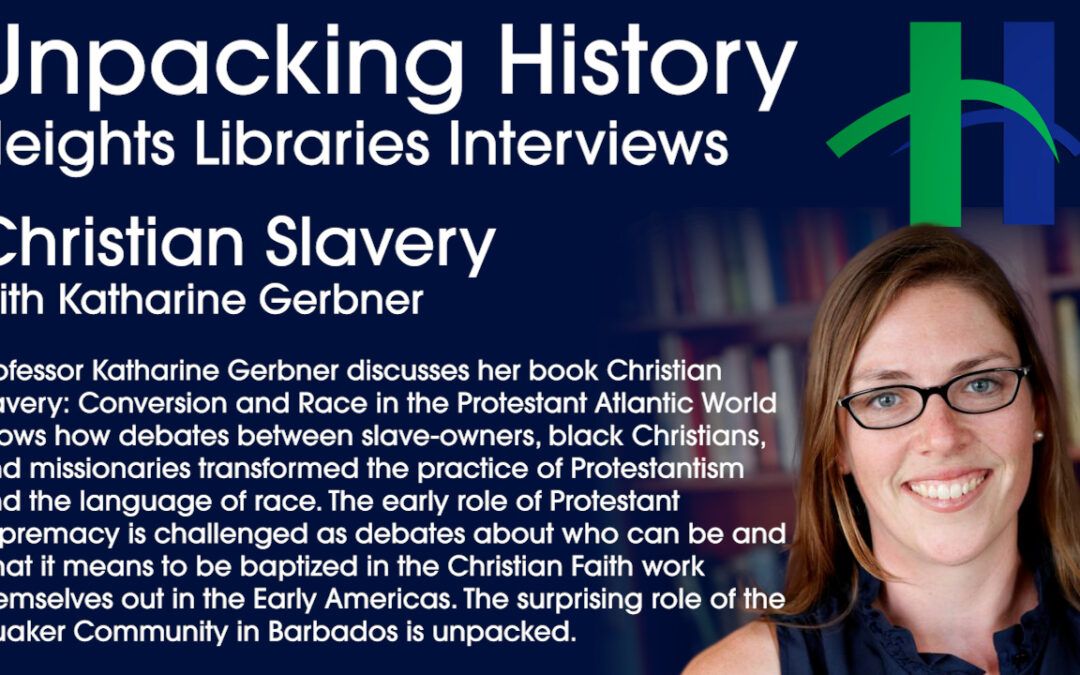
Professor Katharine Gerbner discusses her book Christian Slavery: Conversion and Race in the Protestant Atlantic World, which shows how debates between slave-owners, black Christians, and missionaries transformed the practice of Protestantism and the language of race.

Christopher Willoughby, a Visiting Assistant Professor of History of Medicine and Health at Pitzer College, talks about his book, Masters of Health: Racial Science and Slavery in U.S. Medical Schools.

This talk will make the case that systemic forms of oppression are maintained and reinforced through subtle patterns of thought and behavior, and present some paths through which those systems can be challenged.

Robert Pierce Forbes discusses his introduction, scholarship, and editorship of Thomas Jefferson’s seminal work, “Notes on the State of Virgina.” Prof. Forbes locates the origin of United States’ racial dynamic in Jefferson’s notes on race.
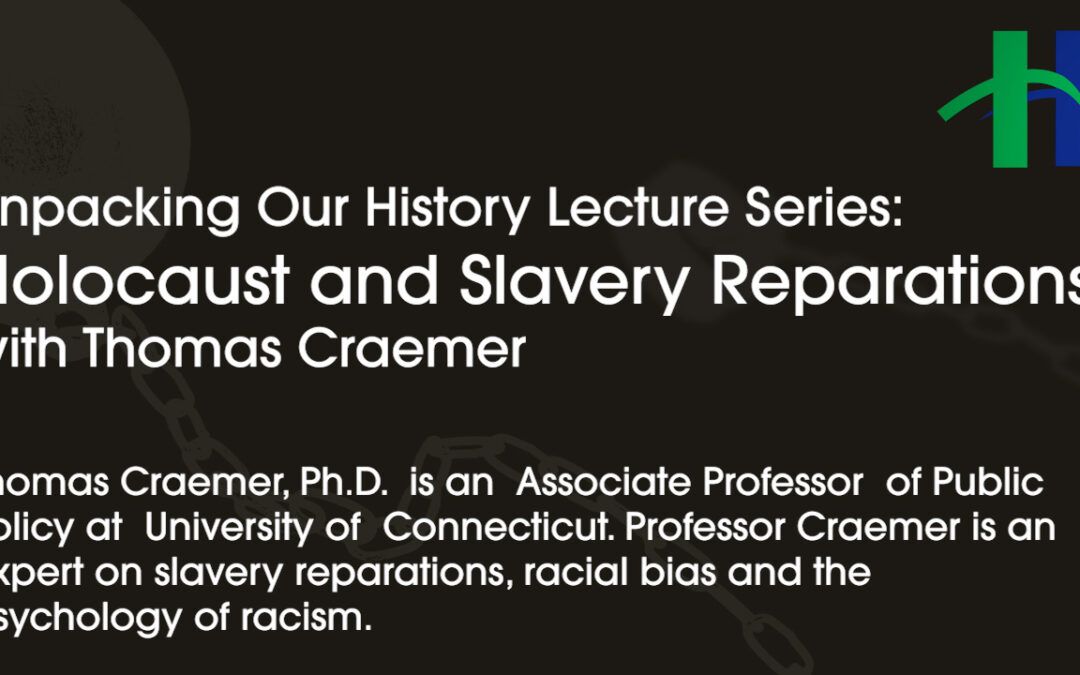
Professor Thomas Craemer grew up in post-World War II Germany. One day, he met a Holocaust survivor who had retired from Israel to Germany of all places. For four decades, Mieciu Langer had received a reparations pension from the (West) German government. If reparations have the power to bring about reconciliation in this case, then reparations from the US Government to the Black descendants of the formerly enslaved might bring about racial reconciliation in the United States as well.
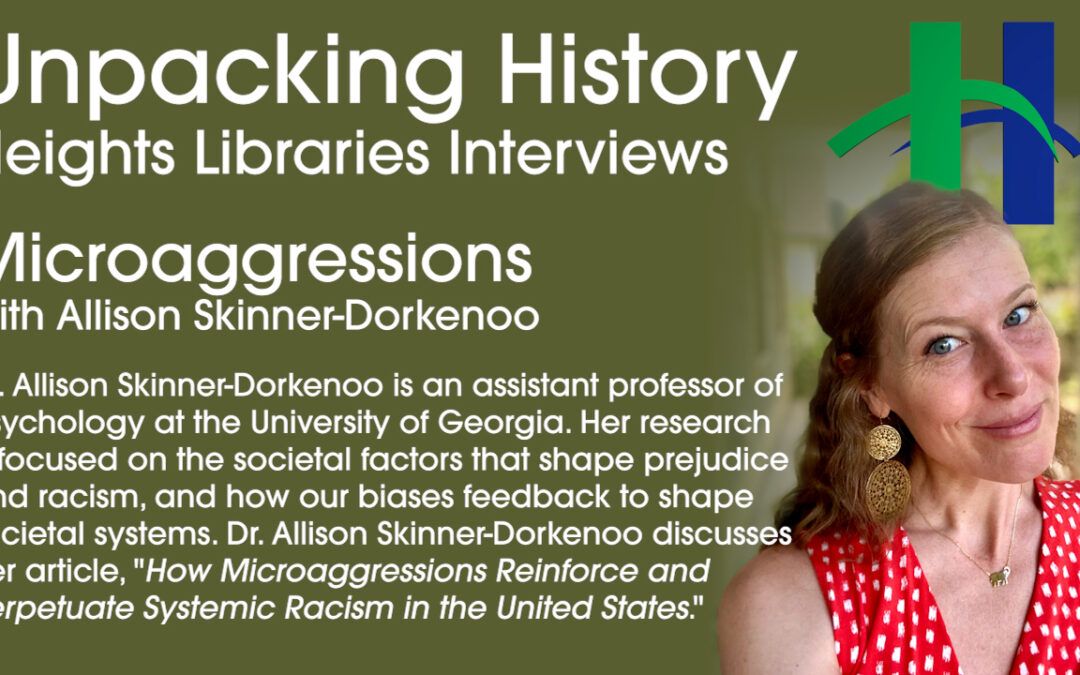
Dr. Allison Skinner-Dorkenoo discusses her article, “How Microaggressions Reinforce and Perpetuate Systemic Racism in the United States.” She defines what microaggressions are and how they support White superiority.

Professor Diane Negra discusses her most recent scholarship which investigates Irish identity in the United States.

For this innovative series, Cleveland Metropolitan School District gave two reporters unprecedented access to a classroom at Almira Elementary School to show readers the enormous challenges of educating children in poverty and what the school district is doing to overcome them. We discuss how the student’s navigate their lives, what services are available to them, and how the schools work to educate and care for our City’s young people.

Professor Painter discusses her book, THE HISTORY OF WHITE PEOPLE. Prof. Painter begins with discussing just what it means to be “white” and how ideas of whiteness developed using Ancient Greek and Roman sources.